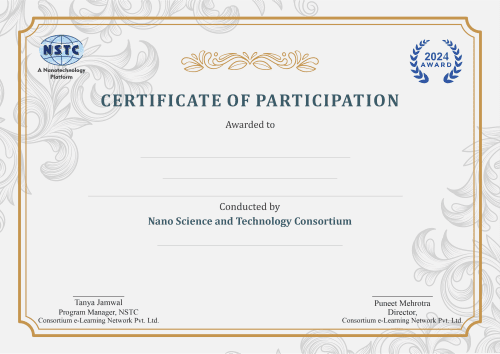
Bacterial Comparative Genomics
Unraveling Evolutionary Threads: Exploring Bacterial Diversity Through Comparative Genomics
Explore the intricacies of bacterial genomics in our Advanced workshop on Bacterial Comparative Genomics. Designed for higher education audiences, this virtual workshop provides an immersive experience into the analysis of bacterial genomes using cutting-edge bioinformatics tools and techniques. Participants will gain practical skills in processing read data, performing de novo assembly, annotating genomes, and conducting comparative analyses to uncover the evolutionary dynamics and functional diversity of bacterial species.
Aim: The aim of the workshop on Bacterial Comparative Genomics is to equip participants with advanced knowledge and practical skills essential for analyzing bacterial genomes through comparative genomics methodologies. By the conclusion of the workshop, participants will possess the expertise needed to conduct sophisticated genomic analyses and contribute to advancements in bacterial genomics research.
- Provide participants with the technical proficiency required to process and analyze read data for bacterial genomes.
- Enable participants to perform de novo assembly, genome annotation, and comparative genomic analyses using state-of-the-art bioinformatics tools.
- Foster an understanding of bacterial genome evolution, genetic diversity, and functional genomics.
- Familiarize participants with tools for identifying antimicrobial resistance genes and conducting pangenome analyses to elucidate bacterial genome dynamics.
- Introduce participants to Comparative Genomics Webservers for further exploration and analysis of bacterial genomes.
What you will learn?
Module 1:
- Installing genomics tools with Conda
- Obtaining reads Data
- Perform QC and Trimming of Data
- Perform de novo assembly using spades
Module 2:
- Polish the draft assembly using pilon
- Reordering contigs against a reference genome using ragtag
- Multi-locus sequence typing
- Annotate the draft genome using prokka
Module 3:
- Look for antimicrobial resistance genes using abricate
- Perform Pangenome Analysis
- Overview of Comparative Genomics Webserver like BV-BRC
Requirements:
• Working knowledge of Linux OS system is a must for the program
• PC with Linux operating system or Microsoft Windows Subsystem for Linux (see this link: https://www.freecodecamp.org/news/how-to-install-wsl2-windows-subsystem-for-linux-2-on-windows-10/)
• Install conda. For installing conda in the Windows sub-system see the link: https://medium.com/@parham.motameni/install-conda-on-wsl2-2e76d1e03229
Intended For :
- Undergraduate degree in Microbiology, Bioinformatics, Genetics, or related fields.
- Professionals in the biotechnology, pharmaceutical, or healthcare industries.
- Individuals with a keen interest in genomics and bacterial research.
Career Supporting Skills


